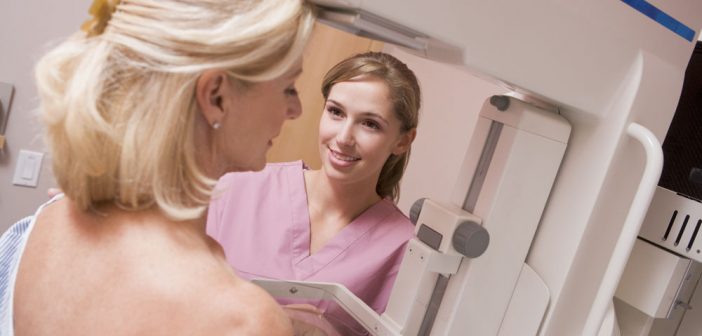National Breast Cancer Awareness Month provides education and awareness about breast cancer, risk factors, and ways to prevent the disease. Below are some breast cancer prevention tips that could save your life. Examine Yourself Checking youself regularly for lumps is an important step in early detection and prevention of breast cancer. Examine your breasts and around the armpits for any lumps. Do this once a month, a few days after your periods. Make an appointment to see your doctor if you notice anything unusual. Genetic Testing Genetic testing can detect mutations in the BRCA1 and BRCA2 genes or other cancerous…
Browsing: women’s health
Breast cancer is among the most common and serious types of cancers that primarily occurs in women. As with all other types of cancers, the cancerous cells can begin to spread to other areas of the body if not caught early enough, which is something that makes the cancer much more difficult to get rid of. If you want to successfully treat your breast cancer, it’s essential that the cancer is caught early on. The best way to identify the presence of cancer in the breasts is by obtaining a mammogram, which is a very simple screening that will provide…
In the United States, there are more than 3.1 million survivors of breast cancer, including both women who have fully undergone treatment and those who are still undergoing treatment. While men can develop breast cancer, it is much less common; it is the second most common cancer in women within this country. Survival rates of breast cancer continue to climb due to increased screenings and early detection, making treatment much easier. What is Breast Cancer? This disease occurs when cells are dividing and growing without the normal control. It is the growth of these malignant, or cancer, cells that cause…
It’s important for women to schedule routine health screenings so potential issues can be detected early on. Did you know that women are at a high-risk of contracting breast and cervical cancer? Besides health screenings, every woman should make time for healthy habits. Regular exercise and eating healthy can also help with stress management. Blood Pressure Screening When you reach 18-years-old, you need to start having your blood pressure checked every two years. This health screening involves wrapping a cuff around your arm and pumping it tightly. The recommended blood pressure for women is less than 120 over 80 millimeters…
The increase of breast cancer among women has raised the alarm and the need for women to observe breast health. Research has shown that early detection leads to initial treatment which increases the chances of eliminating cancer. Breast self-examination is a simple procedure that a woman can perform to detect breast cancer early on. Why Is it Important Self-examination is critical in observing the changes that might have taken place in your breasts. The abnormal signs that may be seen will guide and force you to look for medical experts for further consultation. Research has proven that self-examination is a…
Featured speaker Shannon Miller is the most decorated gymnast in American history, with seven Olympic medals (including two gold medals) and nine World Championship medals (five gold medals), and is the only female athlete inducted into the U.S. Olympic Hall of Fame – twice. The Women’s Health Day event, hosted by Advanced Specialty Care in Commack, open to the public, includes a choice of three health seminars, continental breakfast and a box lunch. The morning kicks off with 10 Stony Brook Medicine experts sharing the latest information, research and thinking about topics that concern women most. Healthcare professionals will also…
Being proactive with your health and seeing a doctor regularly are important to preventing serious medical conditions. Well-woman visits (also known as annual exams, pelvic exams, or gynecological exams) are an important part of your preventative care routine. What is a Well-Woman Visit? A well-woman visit is an exam performed by any doctor, nurse practitioner, or other provider. You often can see your regular primary care physician if you prefer, or you can schedule your well-woman visit with an ob/gyn. At a well-woman visit, the goal is prevention. Your provider will examine you physically and ask you questions about your…










